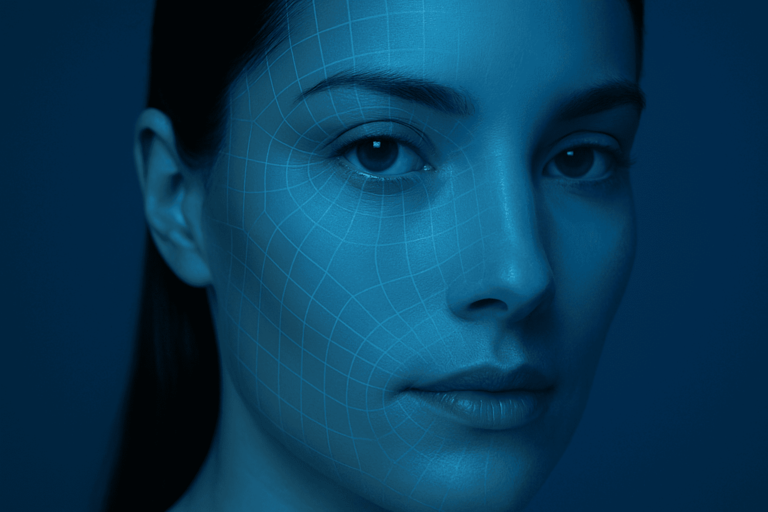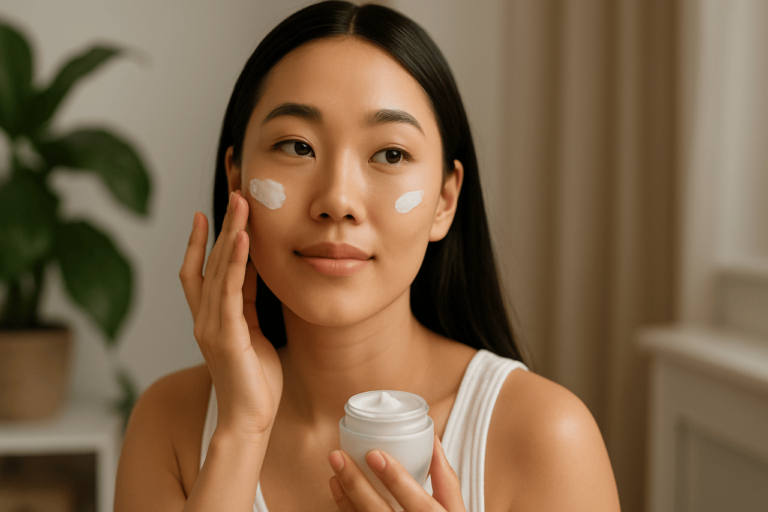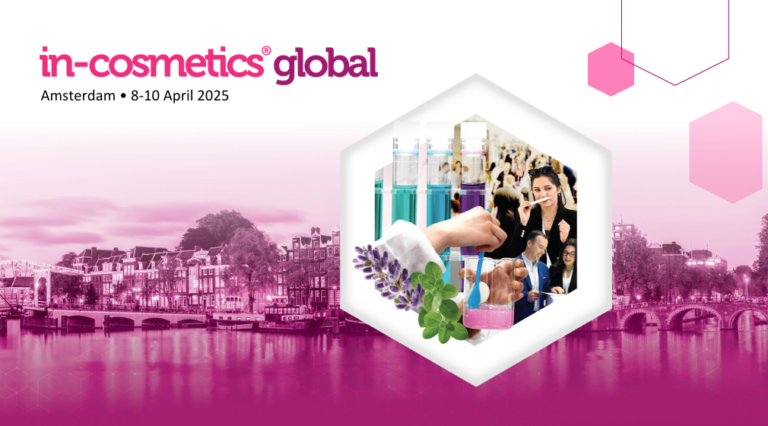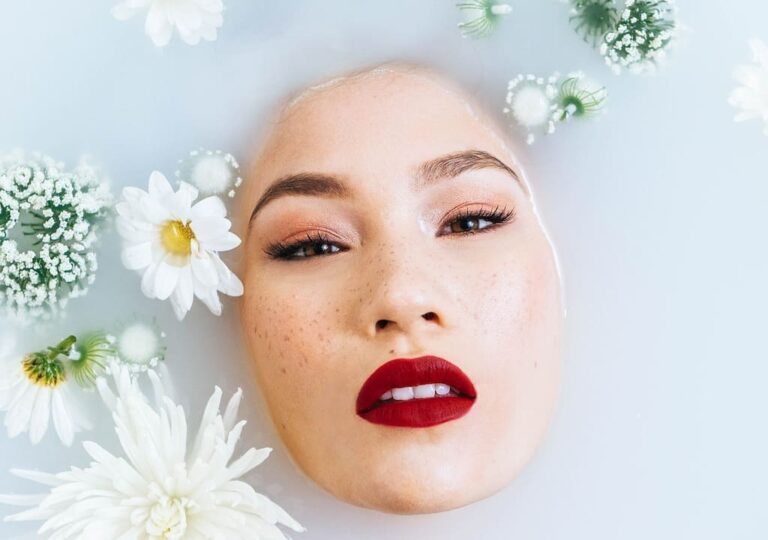The beauty industry is undergoing a transformative shift, driven by innovative technologies and evolving consumer expectations. Major players like L’Oréal, Pinterest, and Unilever are at the forefront of this change, leveraging cutting-edge advancements to enhance consumer experiences and foster meaningful connections. From open innovation programs that invite startups to collaborate, to virtual makeup try-on features that personalize shopping, and science-backed product development that ensures effectiveness, these companies are redefining how beauty products are created and marketed.
1. L’Oréal launches ‘Big Bang Beauty Tech’ innovation program in SAPMENA
L’Oréal has launched the Big Bang Beauty Tech Innovation Program in the SAPMENA region, including Singapore, aimed at transforming the beauty industry through an open innovation challenge. This initiative invites startups to develop commercial pilot projects focused on five key themes: tech for good, consumer experience, content, media, and new commerce. Since its inception in China in 2020, the program has expanded across Asia, the Middle East, and North Africa, leveraging the region’s burgeoning startup ecosystem.
Participants have competed for a chance to receive mentorship from L’Oréal executives and partners like Accenture, Google, and Meta, along with support for their innovation projects. The program culminated in a Grand Finale in Singapore on October 23, 2024, where top finalists presented their ideas to a judging panel. L’Oréal aims to uncover innovative solutions that enhance consumer connections, while Singapore’s Economic Development Board highlights the city’s supportive environment for corporate and startup collaboration in the consumer sector.
Source: Marketech-apac.com
2. Pinterest is the latest brand to introduce a Virtual Makeup Try-On feature
Pinterest has launched a new “Try On” feature that allows users to virtually try on lipstick before purchasing. This functionality includes products from popular brands like Lancôme, Urban Decay, and Sephora, and is accessible through Pinterest’s mobile app via its smart camera, or “Lens.” Users can explore various lipstick options by searching terms like “red lipstick” and can view looks tailored to their skin tone without any image-altering effects, ensuring a realistic representation.
The decision to start with lipstick was driven by its popularity on the platform, and Pinterest plans to expand the feature to include more beauty products in the future. This initiative aims to enhance the shopping experience by helping users make informed decisions while celebrating their natural appearance.
Source: Allure.om
3. The science shaping our new beauty and personal care products
Dr. Sam Samaras, Head of Science & Technology for Unilever’s Beauty & Wellbeing and Personal Care divisions, discusses how advanced technology is revolutionizing product development in the beauty sector. She emphasizes that while consumers continue to seek confidence and beauty, they increasingly demand proof of effectiveness and authenticity in their products. This shift is driven by easy access to information, leading consumers to research the science behind what they buy.
Unilever employs cutting-edge technologies, such as AI, to analyze vast data sets, facilitating rapid discoveries in areas like the skin microbiome. The company has registered over 100 microbiome patents, enhancing their product efficacy. Recent successful launches, like Vaseline’s Gluta-Hya range, illustrate this approach, combining scientific insights with consumer feedback to create innovative products. Additionally, collaborations with researchers on fragrance effects showcase how sensory experiences can influence consumer emotions and preferences. Ultimately, Unilever aims to provide not only effective but also emotionally resonant products that consumers desire.
Source: Unilever.com
As technology continues to shape the beauty landscape, brands are not only focusing on aesthetic appeal but also on authenticity and consumer engagement. L’Oréal’s Big Bang Beauty Tech initiative, Pinterest’s virtual try-on capabilities, and Unilever’s data-driven product innovations exemplify a future where beauty products are more personalized and scientifically validated than ever before. This evolution reflects a growing consumer demand for transparency and efficacy, paving the way for a more informed and connected beauty experience.





